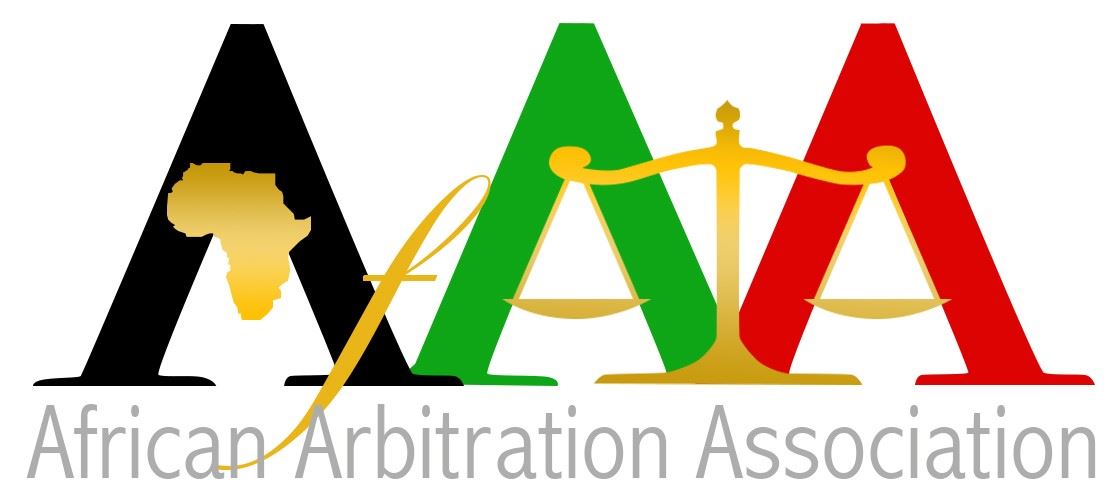Member news
Interview with the co-Registrars of the Mauritius International Arbitration Centre 1 August 2019 |
Ms. Ashwita Ambast |
Ms. Susan Kimani |
“MIAC will continue to be the market leader in administration of disputes in Mauritius, Africa, and beyond”, says Co-Registrar.
Ashwita: One might be tempted to call it the ‘new MIAC’, but MIAC was established in 2011, operating under a joint venture with the Government of Mauritius and the London Court of International Arbitration (LCIA). Following the termination of that joint venture, MIAC started operating independently on 27 July 2018. Susan and I were appointed as Co-Registrars of MIAC in September 2018 and have been leading the MIAC Secretariat since.
Susan: I am a Kenyan advocate. I worked in Kenya and in the Netherlands prior to my appointment as Co-Registrar of MIAC. In Kenya, I worked primarily on domestic cases, representing parties in commercial and civil disputes. In the Netherlands, where I am still employed with the Permanent Court of Arbitration (PCA), I experience arbitration cases from all over the world. Because of these roles, I have obtained a good appreciation of the dynamics of varying dispute resolution practices and traditions from counsel’s, appointing authorities’, and tribunals’ vantage points: a key quality that I am bringing to my role at MIAC. Ashwita: I am admitted to practice law in India and the United Kingdom. In India, I worked with a Member of Parliament and was able to appreciate the inner-workings of government from a legislative perspective and also taught international law to university students. Just prior to joining the PCA, I worked with the international arbitration team of a magic circle law firm in London. As Susan mentioned, we are still actively engaged as Legal Counsel at the PCA in The Hague, the Netherlands, where we act as registrars and tribunal secretaries in international arbitrations and assist the PCA Secretary-General with appointing authority matters under various sets of procedural arbitration rules. Our collective arbitration experience with Asian, African, and European jurisdictions is what makes us a promising team to lead MIAC.
Susan: Mauritius is fantastic, both as a place to live and as a place to visit. A good number of friends and family are quite eager to visit me here. As an African, I feel very at home in Mauritius and at the same time very open to the new culture, food, and community. The mesmerizing landscape and clear blue waters only add to the charming Mauritian atmosphere. Professionally, my Co-Registrar and I are building on the strong networks that MIAC already has in the country and the region. We have found these networks to be very welcoming and interested in what MIAC has to offer. The other attractive aspect of Mauritius to me is the harmony of “le droit mauricien”– having its roots in both civil and common law. As a lawyer with a common law background, I am stimulated by its novelty and comforted by its familiarity. Ashwita: I feel the same. Being from India, Mauritius feels both like home and like being away. I often tell my friends that getting a waft of Hindi, French, and English in the same space has been rather remarkable. Many aspects of Mauritian culture are very familiar to me. In fact, our very first dinner invitation when we arrived was in an Indian household. I was delighted to eat the same food that I eat at home, but with a delectable Mauritian touch. Professionally, I am grateful to interact with Mauritian practitioners, with several of whom I have swapped stories about training to practice law in London.
Susan: Having seen a range of arbitration legislation in my role as a tribunal secretary, I can confidently say that the 2008 Mauritian International Arbitration Act is one of the best arbitration frameworks that the field has to offer. The Act is based on the tried and tested UNCITRAL Model Law. It also contains several innovations, such as entrusting the Secretary-General of the PCA with the authority to appoint arbitrators and to take other measures relating to the arbitral proceedings, and providing for a special group of Designated International Arbitration Judges of the Supreme Court to hear all matters under the Act. The fact that Mauritius is a signatory to the New York Convention is also extremely beneficial. I believe it is because of these and other factors that Delos recently listed Mauritius (Port Louis) as one of 32 safe seats of arbitration worldwide and the only safe seat of arbitration in Africa.
Moreover, parties while selecting an arbitration jurisdiction and venue intuitively keep an eye out for non-legal issues that may have nothing to do with the sophistication of the arbitration framework, but which quite often determine the quality of the arbitration experience. These include considerations such as language, transport and communication infrastructure, and broadly, the social, political, and economic context of a country. On these, Mauritius is excellent. Further, being a bilingual country, Mauritius is very well placed to serve the dispute resolution needs of the Francophone and Anglophone world. Susan: One cannot also underscore enough the importance of global accessibility on the prospects of success of an arbitration jurisdiction. Mauritius is very well positioned at the crossroads of Africa and Asia and connected globally by numerous daily flights. Even when it is not the seat of arbitration, since hearings in arbitration can take place at any venue that the parties choose, Mauritius presents an ideal venue.
Susan: A pertinent way of approaching this question is by asking oneself whether there are arbitration centres and jurisdictions providing arbitration services at an international standard, such that parties are comfortable to refer both African and non-African cases to them. The answer to this is yes, but besides the work cut out for Africa in dislodging the preconceptions that have inevitably formed due to the continuous import of arbitration services, we need more options for both domestic and international users. At MIAC, we are focusing on being a centre that provides international standard arbitration services on the African soil.
Ashwita: Africa is a continent that is very wealthy, especially in natural resources. Both local and international investors are eager to invest in the continent, and because of this, in the years to come we will continue to observe an exponential growth in trade and investments involving African and non-African parties. It is almost certain that concomitantly, disputes will escalate: we need to be well prepared for this. Susan: Being a developing continent also places Africa at an advantage. It means that there are more opportunities here than elsewhere: that includes in the field of arbitration. If there was ever to be a pivotal moment for African arbitration, it has to be now. Counsel and arbitration practitioners need to be prepared. At MIAC, we are contributing not only by providing state-of-the-art dispute resolution services, but also by providing capacity building and sharing best practices through workshops and trainings.
Susan: The MIAC Arbitration Rules are based on the tried and tested UNCITRAL Arbitration Rules 2010. By basing our rules on an existing set of rules that is well accepted in the industry, we offer efficiency and stability to parties and avoid surprising and unexpected outcomes. This is also a set of rules that we are very experienced in as tribunal secretaries in a number of arbitration proceedings under the UNCITRAL Arbitration Rules. Ashwita: Having the PCA Secretary-General as the appointing authority under the MIAC Rules is also an added benefit to the users of our Rules. Susan and I have been assisting the PCA Secretary-General with that specific role for a number of years. Any experienced and successful arbitration practitioner will agree that the importance of selection of arbitrators cannot be overstated, as it can either give the case a firm foundation or undermine its outcome. There seems to be a wide interest in the MIAC Arbitration Rules and model arbitration clause from the inquiries we are receiving from both Mauritius and abroad.
Ashwita: Ultimately, our vision is that MIAC will continue to be the market leader in administration disputes in Mauritius, Africa, and beyond. Our goals as the heads of MIAC are three-fold: to avail to the market a highly qualified staff to provide international standard services in the administration of both domestic and international disputes; to engage with arbitration practitioners locally, regionally, and internationally in knowledge sharing of best practices in international dispute resolution procedures; and to promote Mauritius as a place and venue of arbitration, given all its natural advantages. Susan: We also have a number of short-term plans. For instance, we foresee organizing events in 2019 to bring together key arbitration stakeholders, undertaking training activities, and organizing panels on hot topics in arbitration. We are looking forward to these and much more in future. |


